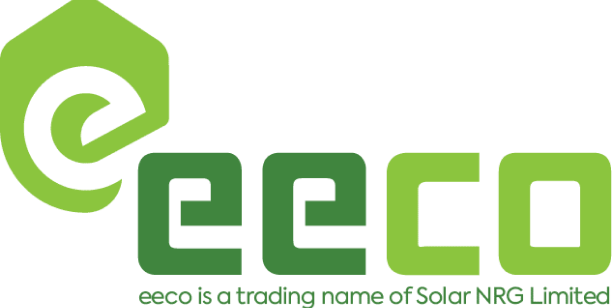Reducing Carbon Emissions with Solar Energy
Solar power systems in Northern Ireland play a significant role in the region’s energy landscape, contributing to the transition towards clean and sustainable energy sources. As part of the broader renewable energy sector, solar energy offers numerous benefits, including reduced carbon emissions, energy cost savings, and increased energy independence. In Northern Ireland, solar power systems have been increasingly adopted by households, businesses, communities and farms driven by supportive policies, incentives, and a growing awareness of the importance of renewable energy. Let’s explore the various aspects of solar power systems in Northern Ireland:
Benefits of Solar Power Systems:
Carbon Emissions Reduction:
Solar power systems generate electricity by harnessing energy from the sun, a clean and renewable source. By using solar panels in NI to power homes, businesses, and other facilities, Northern Ireland can reduce its reliance on fossil fuels and lower carbon emissions, contributing to environmental sustainability and climate action.
Energy Cost Savings:
Solar power systems can help reduce electricity bills for households and businesses by generating clean energy on-site. By offsetting grid electricity consumption with solar-generated electricity, users can lower their energy costs and protect themselves from fluctuating energy prices.
Energy Independence:
Furthermore, solar power systems provide a degree of energy independence by generating electricity locally. This reduces dependence on external energy sources and enhances resilience against power outages and disruptions, especially in rural areas or during emergencies.
Solar Power System Types:
Solar Photovoltaic (PV) Systems:
Solar PV systems convert sunlight into electricity using solar panels composed of photovoltaic cells. These systems are commonly installed on rooftops or ground-mounted arrays and can generate electricity for residential, commercial, and industrial applications.
Solar Thermal Systems:
Solar thermal systems use sunlight to heat water or air for space heating, hot water production, or industrial processes. These systems are distinct from solar PV systems and are designed to capture and utilise solar thermal energy efficiently.
Policy Support and Incentives:
Renewable Obligation Certificates (ROCs):
The ROCs scheme incentivised renewable electricity generation, including solar power, by providing certificates for each megawatt-hour of electricity produced. While the ROCs scheme closed to new solar PV installations in 2016, existing participants continue to benefit from this support mechanism.
Feed-in Tariff (FIT):
The FIT scheme offered payments to solar PV system owners for the electricity they generated and exported to the grid. While the FIT scheme has closed to new applicants in the UK, existing participants can still receive payments for their renewable electricity generation.
Community Solar Projects:
Community-Owned Solar Installations:
Community solar projects involve shared ownership of solar installations by local residents, organisations, or cooperatives. These projects enable communities to collectively invest in solar energy generation, benefit from cost savings, and promote renewable energy awareness and engagement.
Challenges and Opportunities:
Grid Connection and Integration:
Connecting solar power systems to the grid and managing grid integration challenges, such as variability in solar generation, are key considerations for ensuring the reliable and efficient operation of solar installations.
Storage Solutions:
Furthermore, battery storage technologies offer opportunities to store excess solar energy for use during times of high demand or when sunlight is not available. Integrating storage solutions with solar power systems can enhance energy self-consumption and grid stability.
Future Outlook and Sustainability:
Net-Zero Targets:
Northern Ireland has set ambitious targets to achieve net-zero carbon emissions by 2050, driving the need for increased deployment of renewable energy technologies, including solar power systems. By adopting solar panels in NI, Northern Ireland will be one step closer to achieving net-zero carbon emissions
Technological Advancements:
Advances in solar technology, energy storage, and grid management systems continue to improve the efficiency, reliability, and affordability of solar power systems, making them more accessible and attractive to a wider range of users.
In conclusion, solar power systems in Northern Ireland are an integral part of the region’s renewable energy landscape, offering a sustainable and cost-effective solution to meet energy needs while reducing carbon emissions. With supportive policies, incentives, and growing awareness of the benefits of solar energy, Northern Ireland is well-positioned to further expand its solar power capacity and contribute to a cleaner and more resilient energy future. By leveraging the advantages of solar power systems, the benefits provided by Solar Panels NI, embracing community solar initiatives, addressing technical challenges, and advancing renewable energy goals, Northern Ireland can continue on its path towards a greener and more sustainable energy transition.
For more information on solar panels for your home or business, contact us on 02891 270279 or email hello@eeco.energy


